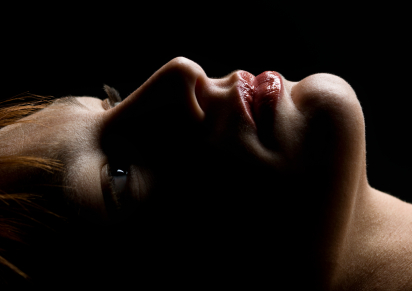Sleep. Oh, how you elude me.
Whether it’s hormones or stress, I’m beginning to forget what a full night’s sleep looks and feels like. In fact, if you ask me to tell you when it was that I last had a full night’s sleep, I’d probably tell you that I don’t recall. So, yes, I keep writing about it in hopes that the magic solution will one day transcend my fingertips and actually result in…8 full hours! What a concept!
Meanwhile, back the real world, I have encountered yet another study trying to explain why middle aged women don’t get the zzz’s they need. This time, hot flash bother appears to be the golden ticket. However, even more interesting is the fact that the researchers who conducted the study say that the “concept of bothersome”/bother might explain disparate findings between studies that point to hot flashes as the primary sleep deprivation factor versus those that point to overall wellbeing and life stressors.
To provide a bit of context, this particular study is part of an ongoing trial known as STRIDE (Do Stage Transitions Result in Detectable Effects), which is looking at women in various stages of menopause (45 to 65 years). And, as part of STRIDE, these women were asked to complete two, annual questionnaires, the first relating to basic questions on menopause status, medical history, tobacco/alcohol use, etc, and the second, relating to sleep and how hot flashes were or were not interrupting their lives. Sleep quality scores were based on trouble falling asleep, waking several times during the night or waking early and then not falling back asleep. Frequency and bother of hot flashes were rated on a scale of 0 to 5, including how much they interfered with work, social activities and leisure.
Importantly, women who reported having bothersome hot flashes (32%) were twice as likely as their peers reporting no hot flashes to experience some degree of sleep interruption. Additionally, when hot flashes interfered with life, they interfered with sleep.
So, what does this mean?
Perception is key. Consequently, when women perceive that their symptoms interfere with aspects of their lives outside the bedroom, especially leisure activities, they seem to interfere with lives inside it, namely, sleep.
What is lacking in this study is information on other possible factors that might influence overall sleep disturbance, such use of certain medications or depression. And, conclusions were based on self-reports, which we all know can be biased. Still, you have to wonder about the psychology, and how much, as women, our brains influence our lives and how we respond to key parts of them, like sleep.
Meanwhile, we are still between the mattress, the pillow and a hard place, at least I am. But, we are finally coming closer to discovering the why.







